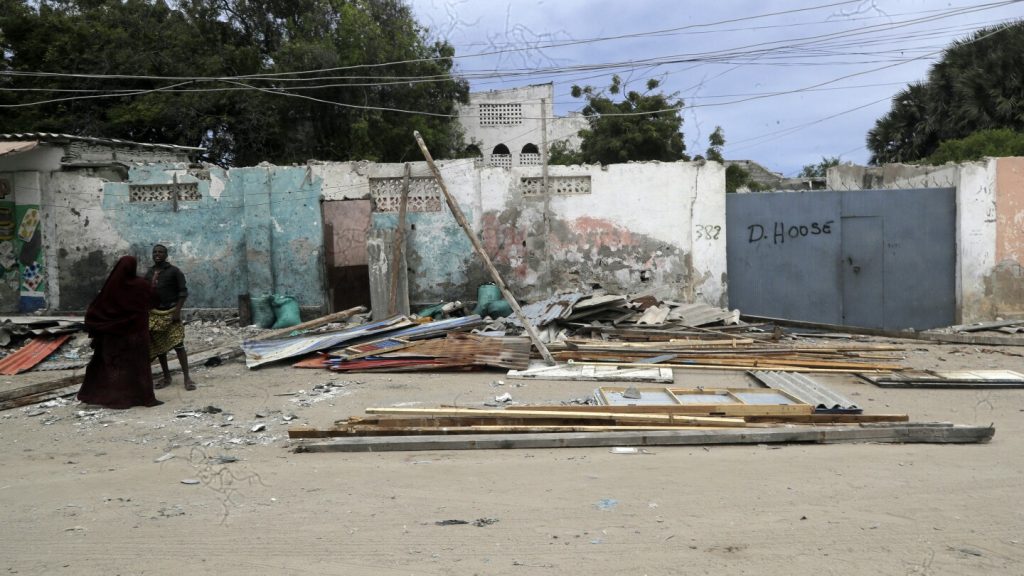The U.N. Security Council has voted unanimously to authorize the African Union to continue its peacekeeping operation in Somalia until the end of the year, as well as to plan for a successor mission. The resolution allows for up to 12,626 uniformed personnel, including 1,040 police, to be deployed for the transitional peacekeeping mission known as ATMIS until Dec. 31. The resolution also calls for the formation of a successor mission and requests the U.N. political mission in Somalia to provide logistical support to the African peacekeepers. This decision marks a critical moment in Somalia’s security transition as ATMIS will draw down by the end of the year, paving the way for a new mission.
The Security Council welcomed an August 1 communique from the AU council proposing an AU-led peace support operation to replace ATMIS. The resolution calls for U.N. Secretary-General, Antonio Guterres, and the head of the AU Commission, in consultation with Somalia and key international parties, to report on the design for the successor mission by Nov. 15. Financing the new mission is a key issue, and the resolution requests an update on the estimated costs and resources needed by Oct. 11. This planning and preparation for the successor mission is crucial for ensuring continuity in Somalia’s security efforts.
The resolution also encourages Somalia to continue developing and implementing its Security Sector Development Plan, allowing the country to eventually assume full responsibility for its security. Somalia has been working towards stability since establishing a functioning transitional government in 2012. The country has faced challenges such as extremist attacks from groups like al-Shabab and growing piracy. The resolution expresses concern about the threat posed by al-Shabab and condemns terrorist attacks in Somalia and neighboring countries, highlighting the importance of ongoing security efforts.
The al-Qaida-linked extremist group al-Shabab has intensified attacks on Somali military bases, particularly after losing control of territory to a military offensive following the call for “total war” against the group in 2022. The resolution recognizes the threat posed by al-Shabab and acknowledges Somalia’s commitment to fighting the group. The U.S. expressed support for Somalia’s goal of assuming greater responsibility for its security and recognized the role of ATMIS and the successor mission in supporting this goal. The U.S. also commended Somalia’s efforts in reducing the threat posed by al-Shabab throughout the year.
Somali Ambassador Abukar Osman welcomed the council’s adoption of the resolution and thanked members for their commitment to defeating al-Shabab and achieving sustainable peace. He highlighted the government’s high tempo offensive operations against al-Shabab and efforts to build capable and accountable security forces. The extension of ATMIS until the end of the year is seen as necessary for a smooth transition to post-ATMIS security arrangements in 2025. Osman emphasized the need for technical assistance and logistical support to enhance the capability of Somali forces and pave the way for the eventual departure of the AU mission from the country. The ongoing efforts to strengthen security in Somalia are crucial for long-term stability.















